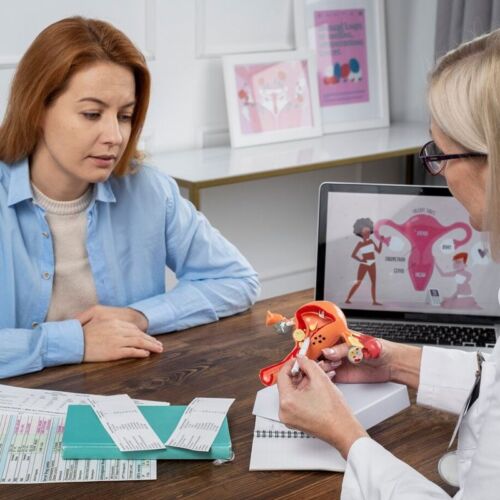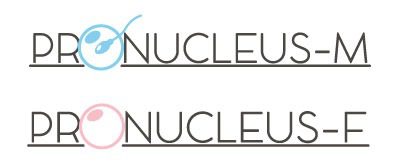Understanding Polycystic ovary syndrome(PCOS)
- Polycystic ovary syndrome (PCOS) is a common hormonal condition that affects women of reproductive age. It usually starts during adolescence, but symptoms may fluctuate over time.
- PCOS is a condition in which the ovaries produce an abnormal amount of androgens, male sex hormones that are usually present in women in small amounts. The name polycystic ovary syndrome describes the numerous small cysts (fluid-filled sacs) that form in the ovaries. Polycystic ovaries contain a large number of harmless follicles that are up to 8mm (approximately 0.3in) in size. The follicles are underdeveloped sacs in which eggs develop. In PCOS, these sacs are often unable to release an egg, which means ovulation does not take place.
- However, some women with this disorder do not have cysts, while some women without the disorder do develop cysts.
- Polycystic ovary syndrome (PCOS) is a common hormonal condition that affects women of reproductive age. It usually starts during adolescence, but symptoms may fluctuate over time.
- Polycystic ovaries contain a large number of harmless follicles that are up to 8mm (approximately 0.3in) in size.
- The follicles are underdeveloped sacs in which eggs develop. In PCOS, these sacs are often unable to release an egg, which means ovulation does not take place.


